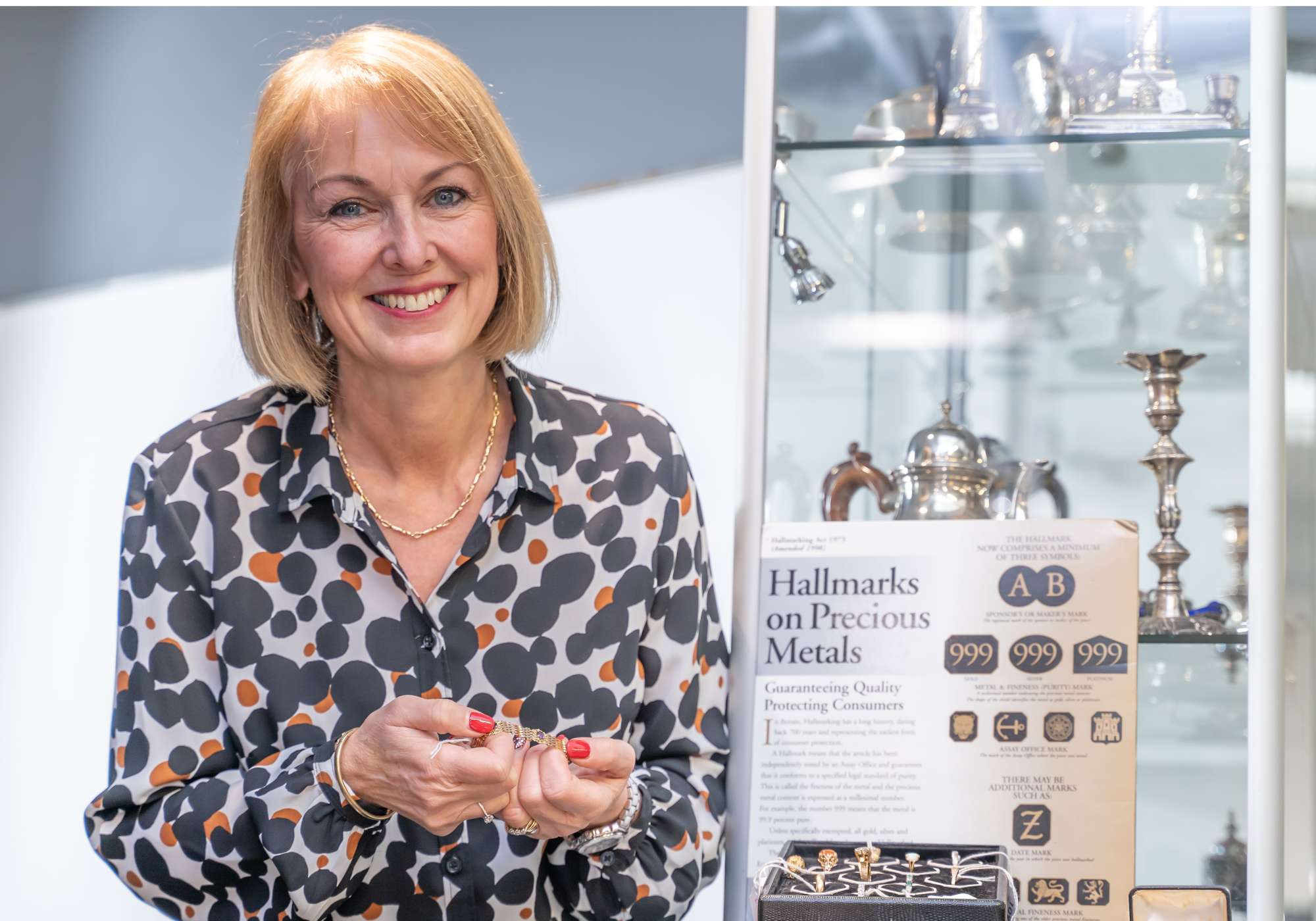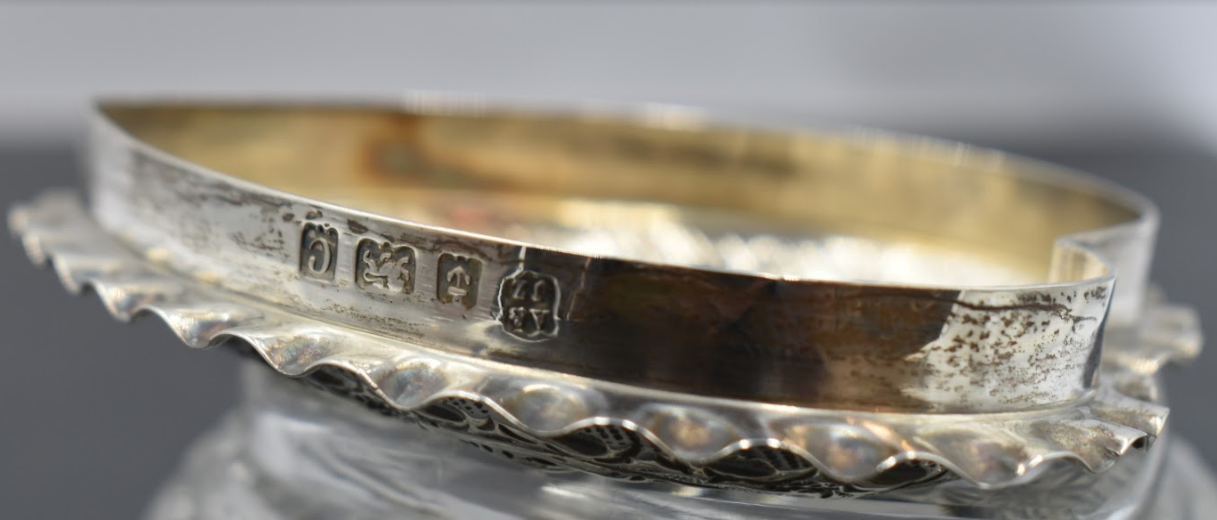Although no one is quite sure when silver was first discovered, archaeologists have found the remains of silver smelting operations dating from pre-4000 BC.
Attractive though it is, why did our ancestors put so much effort into obtaining silver? it was an impractical metal for weapons and tools and not as rare or as workable as gold, at various stages in history silver has been counted as considerably more precious of the two metals.
Most metals have an unpleasant taste, like copper, for example – try popping a penny in your mouth for a few seconds and you will find out. Yeuch! This is the very reason that silver cups, silver plates, silver spoons and cutlery were much sought-after practical status symbols. Gold was too soft, too heavy and simply too rare.
Silver is malleable and ductile, and is easily worked into form, it is one of the few metals which can be beaten into delicate thin sheets of leaf or pulled to make a strong wire. Silver’s age-old association with status made it well suited to the production of fine tableware. It is also anti-bacterial and hygienic, and therefore perfect for use in dining. Silver was the choice metal for those who had aspirations as a civilisation.
With the discovery of the New World, new foodstuffs began to be imported into European countries. New forms of silverware were created to serve these new foods, such as coffee pots and teapots.
Mealtimes were ceremonious occasions, which often consisted of several courses of food, beautifully presented on fine pieces of silver. The abundance of plates of varying sizes, cutlery, sauceboats, salvers, centrepieces, and candelabra was an elaborate and magnificent display of status and wealth, intended to impress dinner party guests.
Many of these items still remain and have been passed down through generations, they still hold the status of old and prove to be sought after while being a good investment for potential purchasers.
Our dedicated and specialist silver auctions are the perfect places to either sell or buy such items. Prices achieved reflect not only the intrinsic silver content but the rarity and workmanship of each piece.
If you have some silver that you are interested in selling with us, please contact Simon Thompson on 015395 66201 or by email.


